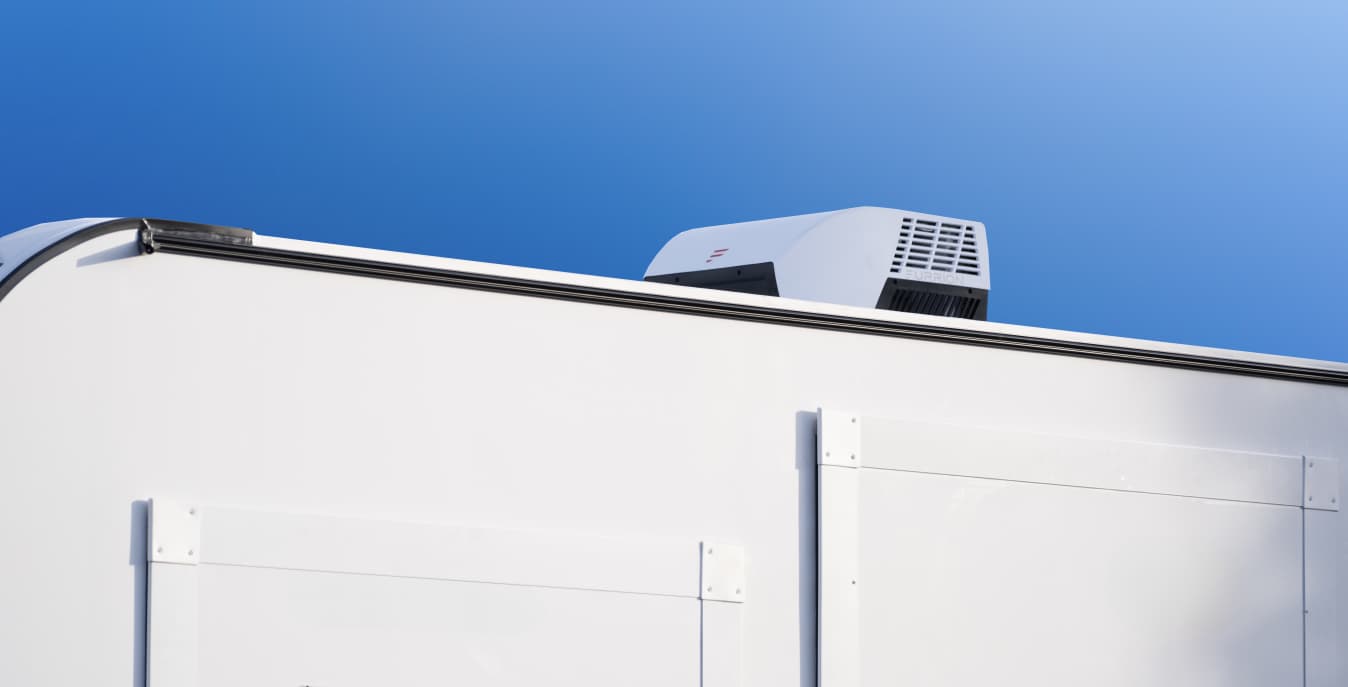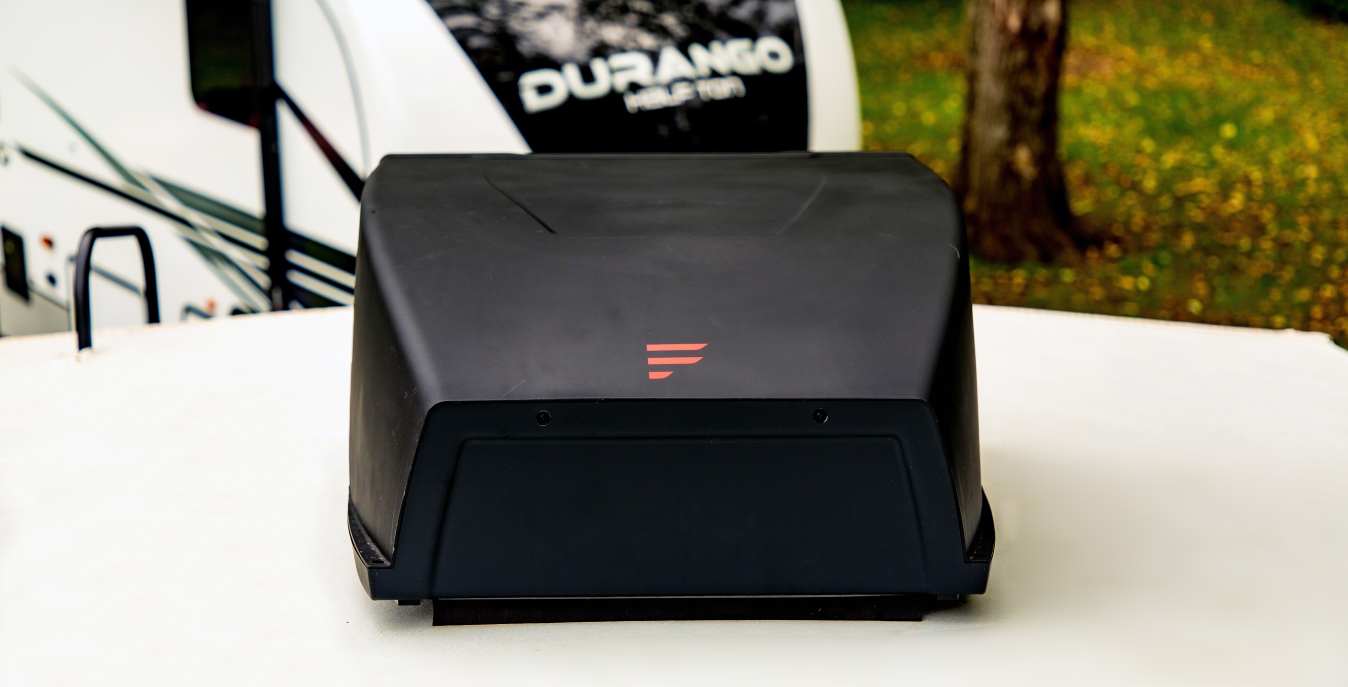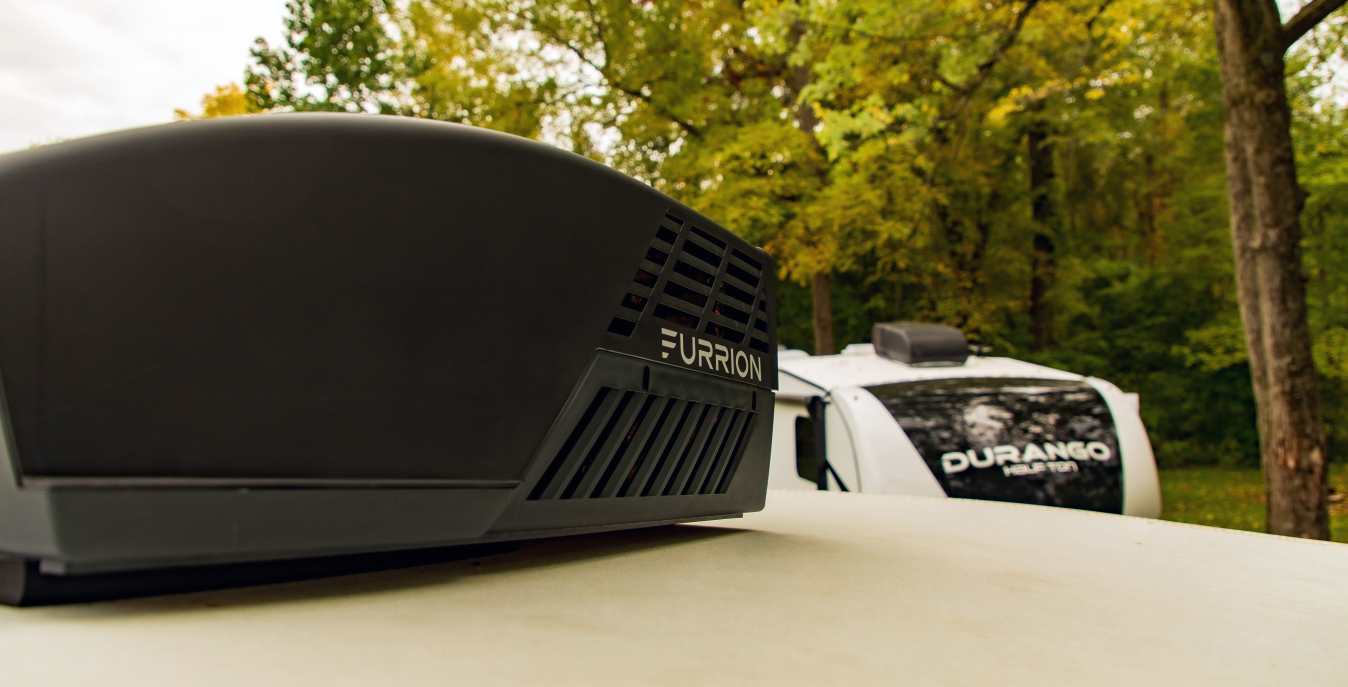When you think about the comforts of home that you want to bring on the road, hot water often ranks high on the list. From taking a warm shower after a long hike to washing dishes without shivering at the sink, an RV water heater can make the difference between “roughing it” and truly relaxing. But choosing the right system isn’t as simple as picking the first model you find. The right RV water heater will depend on your travel style, your rig’s setup, and the climates you visit.
This guide walks you through the main types, fuel sources, sizing considerations, features, installation basics, and maintenance tips so you can make a confident purchase — and enjoy reliable hot water wherever the road takes you.
Understanding the Types of RV Water Heaters
RV water heaters generally fall into three categories: tank, tankless, and hybrid systems. Tank models, the most traditional option, store a set amount of water — usually between six and ten gallons — and heat it in advance. They’re reliable and relatively simple to operate, but they can run out if you have multiple people showering back-to-back or if you use hot water liberally.
Tankless RV water heaters skip the storage tank altogether, heating water as it flows through the unit to provide an essentially unlimited supply as long as you maintain the right flow rate and water pressure. They’re more compact, energy-efficient, and space-saving than traditional models, though they typically come with a higher upfront cost.
Hybrid models combine aspects of both systems, offering a small tank for rapid hot water delivery along with on-demand heating to extend availability.
Water Heater Fuel Sources & Power Options
Choosing between propane, electric, or dual-fuel systems will shape your hot water experience on the road. Propane RV water heaters are popular with travelers who camp off-grid since they can operate without shore power. They’re efficient in colder weather and generally heat water faster than electric models.
Electric RV water heaters run quietly and don’t require venting, making them appealing for campground stays where electricity is readily available. They’re also a low-emission choice for those who prefer to limit propane use.
Dual-fuel models offer the flexibility to switch between propane and electric depending on your location, power availability, or personal preference.

Key Features to Look for in an RV Water Heater
Before committing to a purchase, consider what features will make your life easier and more comfortable. Recovery rate and gallons-per-minute output will determine how quickly your water heater can provide hot water after heavy use. Adjustable temperature controls — especially digital thermostats — make it easy to fine-tune the water to your exact liking.
If you camp in colder climates, look for water heaters with antifreeze protection to help prevent freeze damage. Safety features such as automatic shut-off and pressure-relief valves provide peace of mind, while vibration-resistant construction ensures your water heater holds up to life on the road.
Water Heater Sizing & Fitment Considerations
Not every RV water heater will fit seamlessly into your rig. Before buying, check your RV’s plumbing connections, power requirements, and the physical dimensions of your water heater compartment. If you’re switching from a tank to a tankless system, you may need a retrofit door kit to adapt the existing space and hookups. Accurate measurements and a clear understanding of your RV’s layout will prevent installation headaches and ensure optimal performance.
Water Heater Installation Basics
Installing an RV water heater involves more than simply sliding it into place. For propane units, proper venting is essential for safety, while electric models require secure wiring to your RV’s electrical system. Plumbing connections must be watertight, and the unit should be mounted firmly to withstand vibrations during travel.
While confident DIYers can handle straightforward replacements, upgrading to a tankless system or installing a brand-new water heater is often best left to a professional to ensure all fuel, venting, and power systems meet safety standards.
Maintenance Tips for a Long-Lasting RV Hot Water System
Routine maintenance is the key to keeping your RV water heater running smoothly. For tank models, draining and flushing the system between seasons helps remove sediment buildup. Tankless units benefit from periodic descaling to maintain efficiency. Regularly inspecting for leaks, corrosion, or damaged seals will catch problems before they become costly repairs. It’s also wise to test safety valves and verify that your control panel is working correctly. Replacement wall controllers are available if yours becomes damaged or outdated.

Cost Factors & Budgeting
RV water heaters vary widely in price depending on type, capacity, and features. Traditional tank models are typically more affordable upfront, while tankless systems require a higher investment but can save money over time by reducing energy waste. Accessories such as retrofit kits, wall controllers, and insulated doors add to the initial cost but can enhance convenience and performance.
Common Mistakes to Avoid
Many RV owners regret buying a water heater that’s undersized for their needs, leading to frustrating shortages during busy camping days. Others overlook freeze protection when traveling in cold weather, which can result in costly damage. Venting requirements are sometimes ignored during installation, which can create safety risks. Taking the time to match your system to your travel habits and climate conditions will pay off in reliability and comfort.
Why Choose Furrion
Furrion RV water heaters are engineered with travelers in mind, offering advanced features like Vortex™ water mixing technology for consistent temperatures, built-in antifreeze protection for winter camping, and a vibration-resistant design for long-term durability. Retrofit-friendly designs make upgrades simpler, and intuitive digital controls put precise temperature adjustments at your fingertips. With models tailored for different RV lifestyles, Furrion delivers the performance and innovation you need to make every trip more comfortable.
An RV water heater is more than just a convenience — it’s a key part of making your RV feel like home. By understanding the types available, choosing the right fuel source, considering essential features, and keeping up with maintenance, you can invest in a system that provides reliable hot water for years to come. Explore Furrion’s full collection of RV water heaters to find the perfect fit for your travel needs and enjoy the comfort of hot water wherever the road leads.




The Pros & Cons of Tankless RV Water Heaters
Wired vs. Wireless RV Backup Camera: Which Is Right for Your Setup?